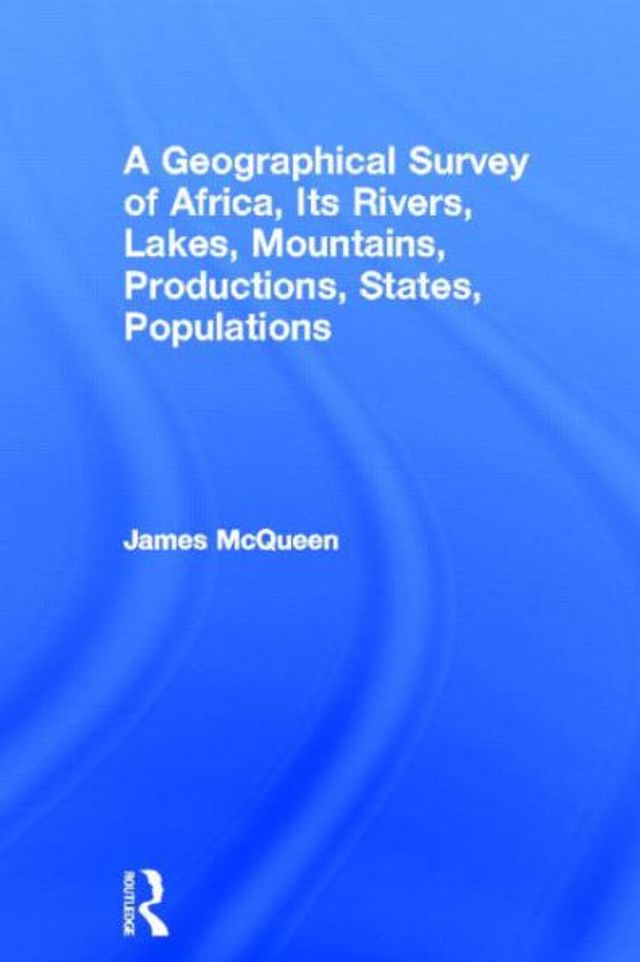Home
Sampling and Estimation from Finite Populations / Edition 1
Barnes and Noble
Sampling and Estimation from Finite Populations / Edition 1
Current price: $105.95


Barnes and Noble
Sampling and Estimation from Finite Populations / Edition 1
Current price: $105.95
Size: OS
Loading Inventory...
*Product information may vary - to confirm product availability, pricing, shipping and return information please contact Barnes and Noble
A much-needed reference on survey sampling and its applications that presents the latest advances in the field
Seeking to show that sampling theory is a living discipline with a very broad scope, this book examines the modern development of the theory of survey sampling and the foundations of survey sampling. It offers readers a critical approach to the subject and discusses putting theory into practice. It also explores the treatment of non-sampling errors featuring a range of topics from the problems of coverage to the treatment of non-response. In addition, the book includes real examples, applications, and a large set of exercises with solutions.
Sampling and Estimation from Finite Populations
begins with a look at the history of survey sampling. It then offers chapters on: population, sample, and estimation; simple and systematic designs; stratification; sampling with unequal probabilities; balanced sampling; cluster and two-stage sampling; and other topics on sampling, such as spatial sampling, coordination in repeated surveys, and multiple survey frames. The book also includes sections on: post-stratification and calibration on marginal totals; calibration estimation; estimation of complex parameters; variance estimation by linearization; and much more.
Provides an up-to-date review of the theory of sampling
Discusses the foundation of inference in survey sampling, in particular, the model-based and design-based frameworks
Reviews the problems of application of the theory into practice
Also deals with the treatment of non sampling errors
is an excellent book for methodologists and researchers in survey agencies and advanced undergraduate and graduate students in social science, statistics, and survey courses.
Seeking to show that sampling theory is a living discipline with a very broad scope, this book examines the modern development of the theory of survey sampling and the foundations of survey sampling. It offers readers a critical approach to the subject and discusses putting theory into practice. It also explores the treatment of non-sampling errors featuring a range of topics from the problems of coverage to the treatment of non-response. In addition, the book includes real examples, applications, and a large set of exercises with solutions.
Sampling and Estimation from Finite Populations
begins with a look at the history of survey sampling. It then offers chapters on: population, sample, and estimation; simple and systematic designs; stratification; sampling with unequal probabilities; balanced sampling; cluster and two-stage sampling; and other topics on sampling, such as spatial sampling, coordination in repeated surveys, and multiple survey frames. The book also includes sections on: post-stratification and calibration on marginal totals; calibration estimation; estimation of complex parameters; variance estimation by linearization; and much more.
Provides an up-to-date review of the theory of sampling
Discusses the foundation of inference in survey sampling, in particular, the model-based and design-based frameworks
Reviews the problems of application of the theory into practice
Also deals with the treatment of non sampling errors
is an excellent book for methodologists and researchers in survey agencies and advanced undergraduate and graduate students in social science, statistics, and survey courses.

















